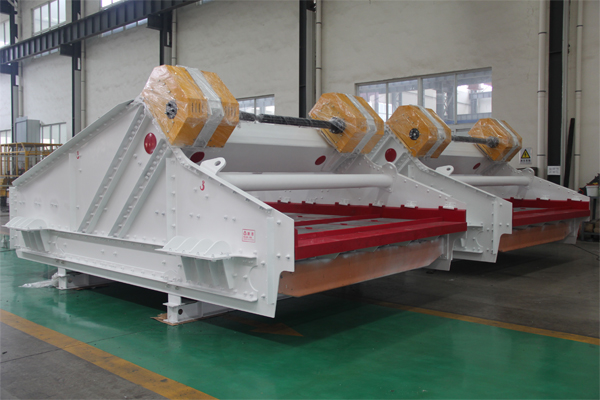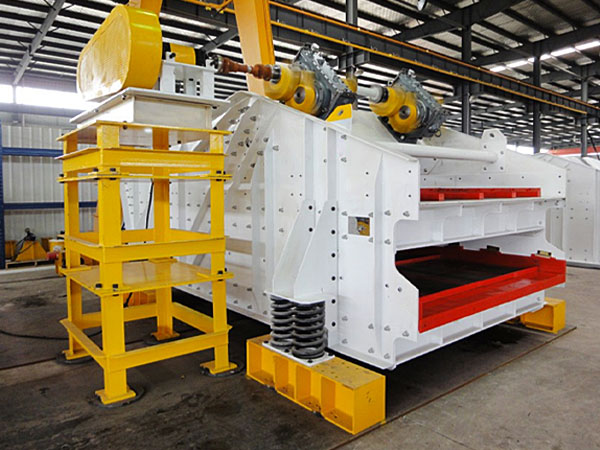Vibrating screens are widely used in various industries for separating materials by size, but they can encounter several common faults that can impact their performance. Here are some of the most common issues and their solutions.
Common Problems and Solutions of Vibrating Screen

1. Excessive Vibrations
Causes:
Unbalanced Screen: Imbalance in the screen due to improper loading or wear and tear of components like the vibrating motor.
Loose Bolts or Fasteners: Over time, bolts or fasteners may loosen, causing instability.
Worn Bearings: Bearings can wear out, leading to excessive vibrations.
Solutions:
Check and Balance the Screen: Ensure that the load is evenly distributed across the screen. Regularly inspect and balance the vibrating motor.
Tighten Bolts: Inspect and tighten all bolts and fasteners regularly.
Replace Bearings: If bearings are worn, replace them promptly to avoid further damage.
2. Screen Overloading
Causes:
Excessive Feed Rate: Feeding more material than the screen can handle.
Material Buildup: Accumulation of material on the screen surface, leading to reduced screening efficiency.
Solutions:
Regulate Feed Rate: Adjust the feed rate to ensure that the screen is not overloaded.
Regular Cleaning: Regularly clean the screen surface to remove any buildup and maintain efficiency.

3. Screen Blinding
Causes:
Fine Particles: Fine materials or sticky particles can clog the screen openings, preventing proper material separation.
Moisture Content: High moisture content in the material can lead to blinding.
…
For more detailed information on common problems and solutions for vibrating screens, please click here: https://www.hsd-industry.com/news/common-problems-and-solutions-of-vibrating-screen/


